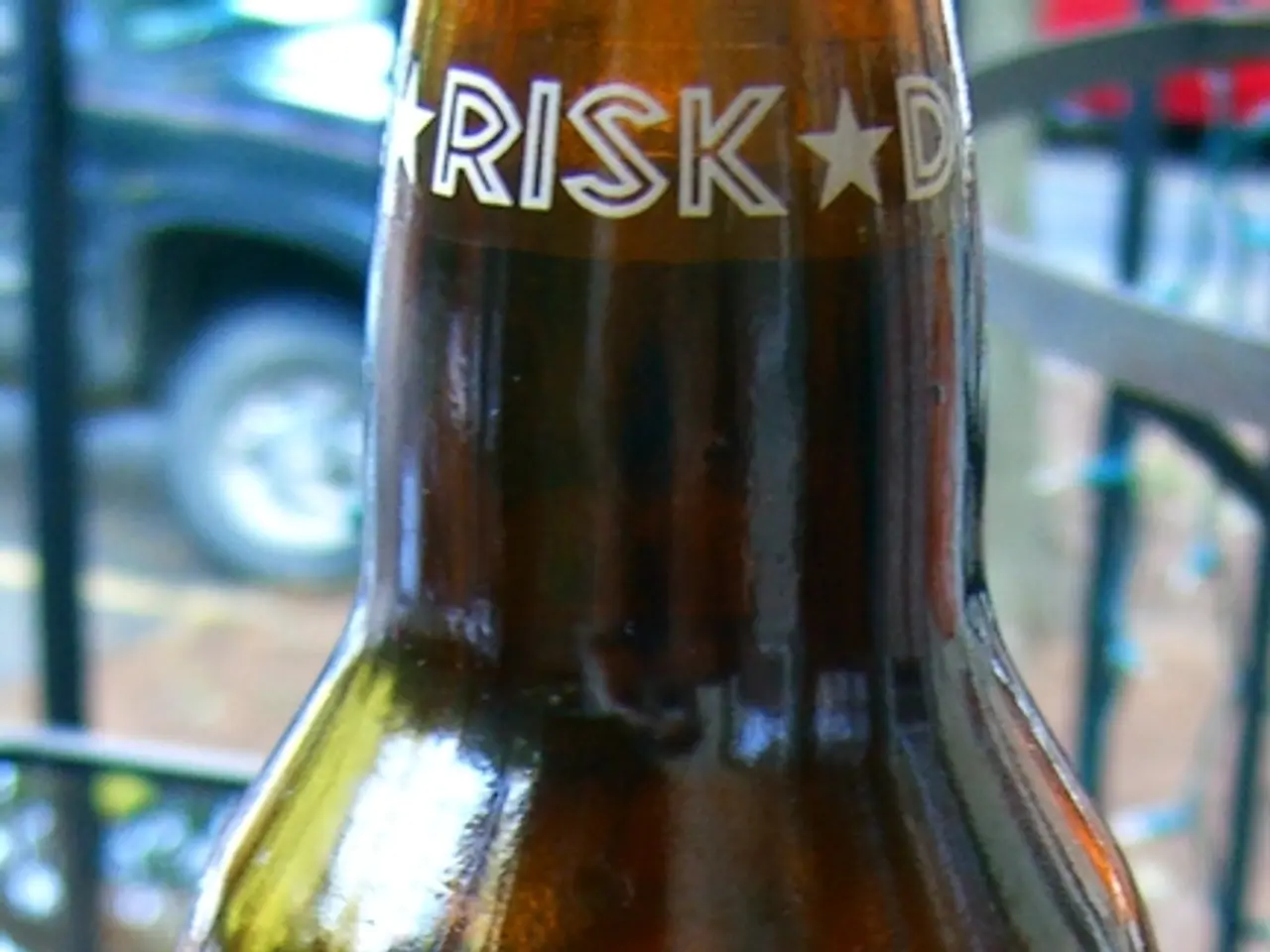Lowering alcohol intake made easy
Reducing Alcohol Consumption: A Combined Approach
A new study has found an effective method to help people reduce their alcohol consumption, and it involves a combination of motivational messages and practical guidance.
According to research led by Professor Pettigrew, alcohol is carcinogenic, and raising awareness of this link can be a powerful motivator for people to cut back on their drinking. However, simply encouraging people to choose a number of drinks and stick to it was not as effective as the combined approach.
The study found that the combination of not counting drinks but significantly reducing alcohol consumption over six weeks was effective in reducing alcohol intake. This approach provides motivation (health risks) alongside actionable steps (drink counting) to support behavior change.
Researchers found that advertising which connects alcohol consumption to increased cancer risk, when combined with suggesting people keep track of their drinks, leads to meaningful reductions in drinking behavior. This combined approach outperforms messages that focus on either motivation or behavior alone.
Counting drinks serves as a simple, practical self-monitoring technique that helps individuals become more aware of and control their alcohol intake daily. Highlighting cancer risk provides a strong motivational reason to reduce drinking because it emphasizes serious long-term health consequences beyond immediate effects.
The study, which involved participants chosen to be "broadly demographically representative of the Australian drinking public," suggests that this combined approach could be an option for those looking to reduce their alcohol consumption. Professor Pettigrew concluded that it's important to find out which messages resonate best for alcohol harm reduction campaigns.
Limited resources are available for alcohol harm reduction campaigns, so it's important to find out which messages resonate best to ensure they have a better chance of working. Personal choices will determine whether alcohol-related behavior changes in the long term.
In addition to the combined approach, other effective alcohol reduction methods include seeking medical support and tapering, using medication like Naltrexone, individualized and patient-driven approaches, and supportive social interventions.
It's important to remember that everyone's journey to reduce alcohol consumption is unique, and what works for one person may not work for another. If you're concerned about your alcohol consumption, it's always a good idea to speak with a healthcare professional for advice and support.
Alcohol consumption accounts for up to 7% of all premature deaths worldwide, according to the World Health Organization. By reducing our alcohol consumption, we can improve our health and wellbeing, and potentially extend our lives.
What about exploring therapies and treatments for mental health, as they can provide additional motivation for people seeking to reduce their alcohol consumption? After all, medical-conditions like alcohol abuse frequently co-occur with mental-health issues. Nutrition also plays a crucial role in health-and-wellness, and adopting a balanced diet can further support the effects of therapies and treatments. For those with serious alcohol-related issues, seeking professional medical-support and considering medication like Naltrexone could be beneficial. Ultimately, everyone's approach to reducing alcohol consumption will be unique, and it's important to consult with healthcare professionals for tailored advice and support.




